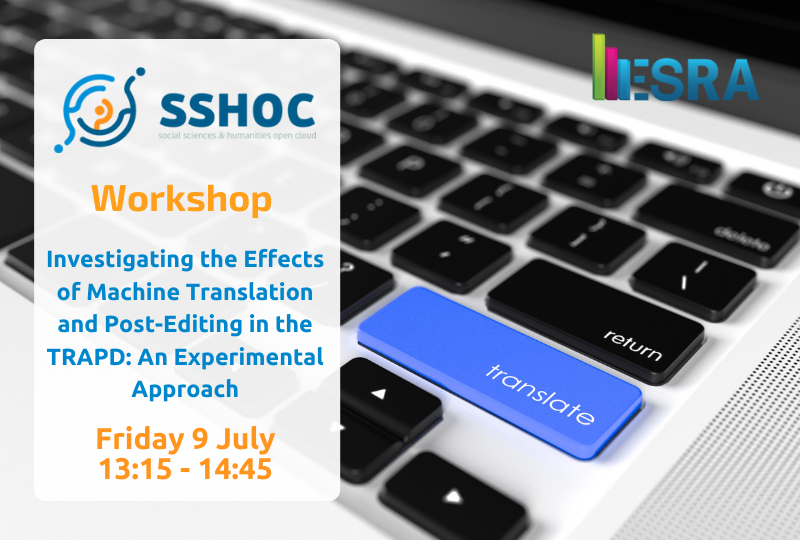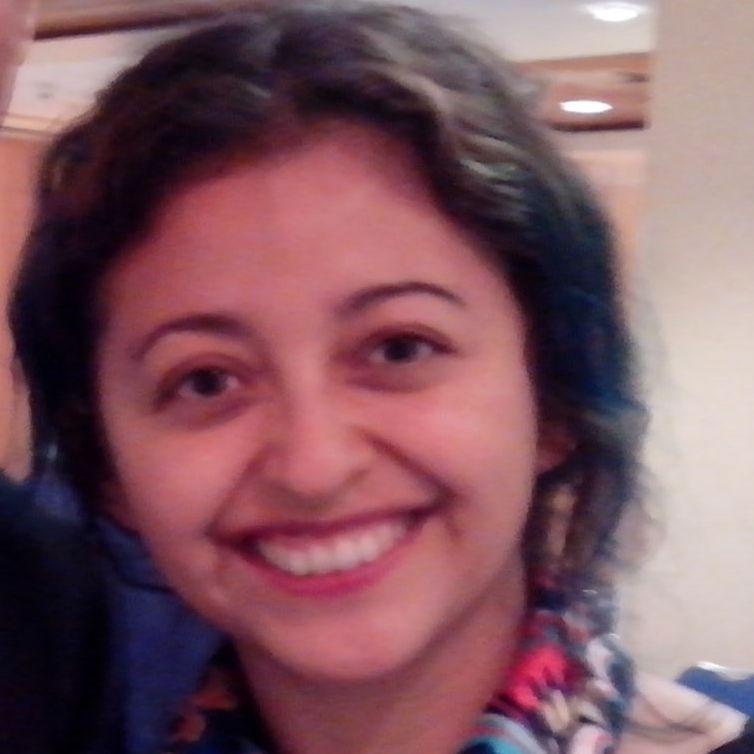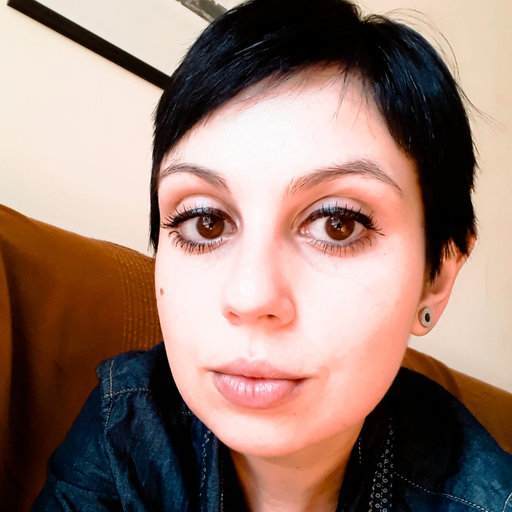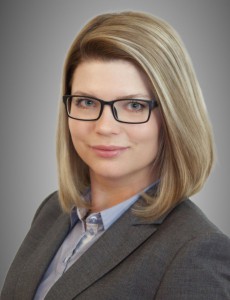
- Social Sciences & Humanities Open Cloud
Investigating the Effects of Machine Translation and Post-Editing in the TRAPD: An Experimental Approach

Date:
09 July 2021 - 13:15 to 14:45
The Work Package 4 team working on applying Computer-Assisted Translation in Social Surveys is organizing a session at the 2021 European Survey Research Association (ESRA) conference about the effects of machine translation and post-editing when used in cross-national survey translation. The session is aimed at researchers who are interested in the methodology and substantive application of international comparable surveys and translation of questionnaires from all disciplines and from across the academic, government, private, and voluntary sectors.
Description
As part of the EU-funded SSHOC project, a controlled experiment using machine translation and post-editing was conducted, modifying the translation stage of the TRAPD model used for the translation process of many international surveys. The experiment was carried out based on 40 survey questions from the European Social Survey and the European Values Study, using German and Russian as target languages and English as a source language.
This session is a part of the European Survey Research Association conference in 2021. The Association was established in 2008 to provide coordination in the field of survey research in Europe and to foster and enhance links between European survey researchers and their colleagues in other parts of the world.
How is it structured?
The session consists of five presentations. The first presentation outlines the experimental design and set-up. The second presentation investigates the quality of the final Review output, and to what extent the effects of machine translation and post-editing are conditional on the language group. The third presentation investigates which translations/post-edited versions led to the final Review output. The fourth presentation explores how different the raw machine translation outputs are from human translations. The fifth presentation focuses on usability (effectiveness, efficiency, satisfaction) as a key factor for the adoption of machine translation and post-editing.
How to register
The 9th ESRA 2021 conference will be held online. Additional information and registration are on the ESRA webpage.
Speakers

Diana Zavala-Rojas is a Senior Research Fellow at the Faculty of Political and Social Sciences at the Universitat Pompeu Fabra (Barcelona, Spain). She is a specialist in multinational, multiregional and multilingual comparative surveys holding a doctorate in comparative survey methodology. She is a member of the Core Scientific Team (CST) of the European Social Survey (ESS) collaborating on questionnaire design, translation, measurement quality and cross-national measurement equivalence. In the SSHOC, she is work package leader of the WP4: Innovations in data production.

Dorothée Behr is a translation scholar and a senior survey methodologist at GESIS – Leibniz Institute for the Social Sciences (Mannheim, Germany), where she also heads the team ‘Cross-Cultural Survey Methods’ in the department ‘Survey Design and Methodology’. She has a doctorate in applied translation studies (topic: questionnaire translation) from the University of Mainz. Her research and services (consultancy, training, and project involvement) focus on questionnaire translation as well as comparability of cross-national survey data, as assessed through web probing. Major large-scale projects include PIAAC Cycle 1 and 2. She is also a member of the Translation Expert Panel of the ESS.

Brita Dorer is a senior researcher at GESIS - Leibniz Institute for the Social Sciences. She is a translation scholar, specialized in the questionnaire translation and has been heading the translation team of the European Social Survey (ESS) since 2009. She holds a PhD in Translation Studies from the University of Mainz and is a trained translator for English, French and Italian. Her current scientific interests include the evaluation and quality enhancement of questionnaire translation, translatability and intercultural portability of source questionnaires, close versus adaptive translation, machine translation, and translation process research/translation and cognition.

Danielly Sorato is a master in computer science specialized in Natural Language Processing. She is a researcher in the Social Sciences & Humanities Open Cloud (SSHOC) at the Research and Expertise Centre for Survey Methodology (RECSM) of Universitat Pompeu Fabra (Barcelona, Spain).

Veronika Keck is a research associate and a communications manager at GESIS – Leibniz Institute for the Social Science in the department of Survey Design and Methodology. She is working in the ESS and SSHOC projects on translation processes for international surveys. She holds a BA (2014) and MA (2018) in Translation studies and Conference Interpreting (German, Russian, English) from the University of Mainz.
